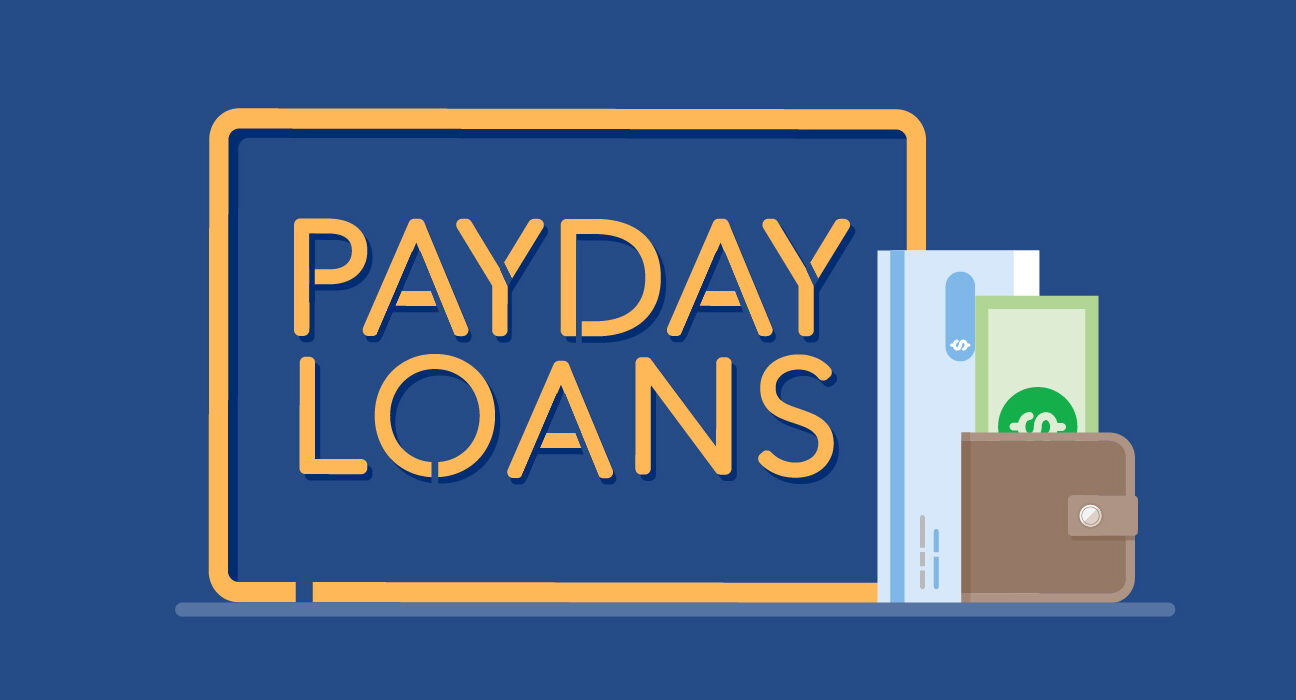- A payday loan is a loan with a very high interest that can be used to pay bills.
- Payday loans usually depend on your salary, and you have to present a pay stub when applying.
- There are never any payday loans available in all states. Sixteen states—Arizona, Arkansas, Colorado, Connecticut, Georgia, Maryland, Massachusetts, Montana, New Hampshire, New Jersey, New York, North Carolina, Pennsylvania, South Dakota, Vermont, and West Virginia—plus the District of Columbia outlaw payday loans of any kind.
- There have been laws in place that are meant to regulate high fees for payday loans.
Loan
How Do I Get a Payday Loan? and Legality
- by Quick Insurance Guru
- November 9, 2022
- 0 Comments
- 3 minutes read
- 434 Views
- 2 years ago




